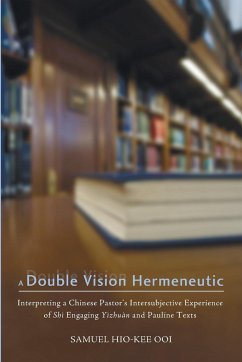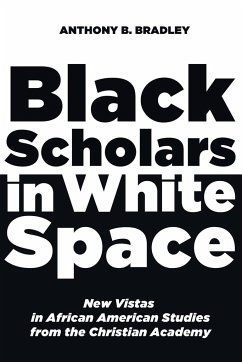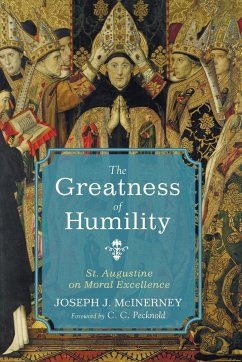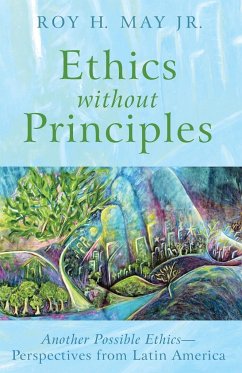The aim of this thesis is to unfold the multilayered intersubjective experience of the author himself, a Chinese pastor. Samuel Ooi argues for a cultural-linguistic experience of shi as the locus at which the intersubjective experience takes place. To unfold this experience, the author identifies five key texts that are found in his intersubjective experience: Text A1: Shi; Text A2: Yizhuan; Text B1: Pauline notion of principalities and powers; Text B2: Pauline Texts I and II: Galatians and 1 Corinthians; and Text 0: Ooi's initial or seminal experience of shi. In dialogue with Michael Polanyi and Hans-Georg Gadamer, Ooi proposes that a double vision hermeneutic will help interpret the multilayered intersubjective relationships between texts and the subject. He argues that study of this intersubjective experience reveals a vital facet of Chinese Christian self, and significantly enhances the study of Chinese theology.








